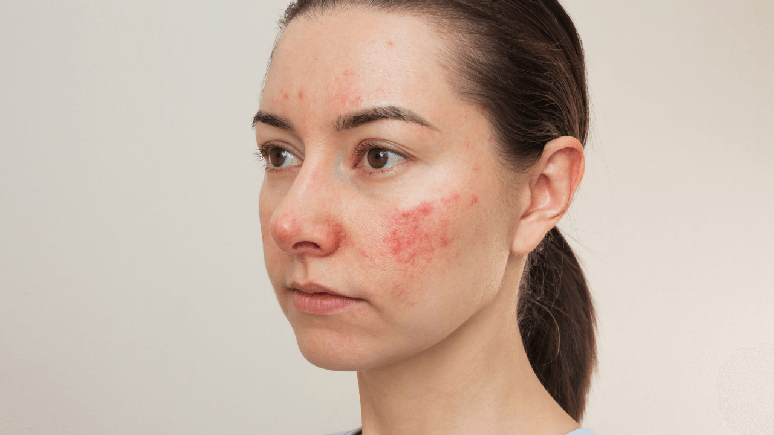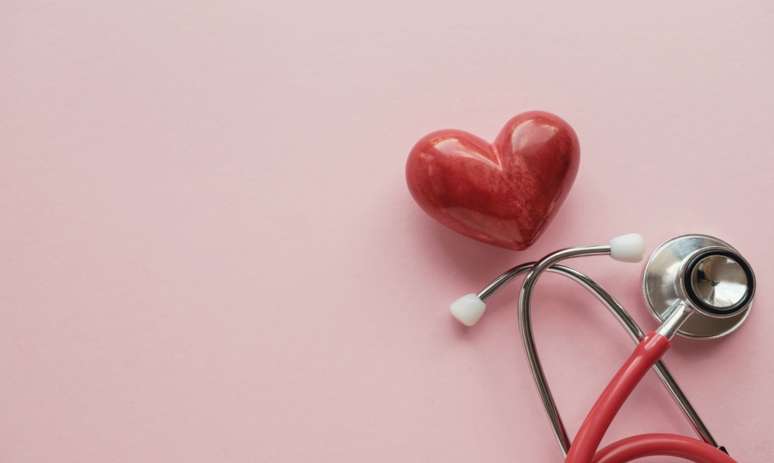Mental wellbeing can have a direct impact on skin health
The skin is the largest organ of the human body and establishes a direct connection with the rest of the organism. Therefore, in addition to being a barrier to physical contact, it also acts as a reflection of immunological, hormonal and emotional aspects.
According to nutritionist Jennifer Emerick, when an individual experiences recurring stressful situations, the skin can manifest this imbalance through physical signs. The main hormone released by the body in this process is cortisol.
When the body is under stress, the adrenal glands release this hormone, increasing sebum production. This situation can cause acne problems, as well as damage the skin’s barrier function, making it vulnerable to irritation and inflammation.
Another hormone released in response to stress is adrenaline. It can temporarily reduce blood flow to the skin, decreasing the organ’s ability to regenerate and heal. This process increases sensitivity and influences a greater propensity for injuries.
Skin diseases aggravated by stress
In addition to the relationship between the release of hormones and the manifestation of symptoms on the skin, stress can also be responsible for triggering or worsening diseases. Discover the main ones below.
- Acne: with the increase in cortisol levels there is a stimulation of the production of sebum by the sebaceous glands. This can clog pores and cause inflammation.
- Psoriasis: Because stress impacts the immune system, it can intensify inflammation in the body, making psoriasis symptoms worse. The most obvious sign is the appearance of red, scaly patches on the skin.
- Atopic dermatitis: the condition has the potential to weaken the skin’s protective barrier. The organ is therefore subject to irritants and allergenic substances, which aggravate dermatitis and cause itching and inflammation.
- Cold sores: Stress weakens the immune system, allowing the HSV-1 virus to reactivate, causing sores around the mouth.
How to control stress?
In addition to specific treatments for each disease, practicing methods to avoid the disorder is essential for a routine with quality of life. Mental health care and attention directly influence skin health and the maintenance of body homeostasis. Therefore, it is essential to investigate the symptoms with the guidance of a professional and treat the specific causes.
However, according to the doctor, some actions can be positive for stress control. The best known are meditation, yoga, relaxation therapies, acupuncture and breathing techniques.
Finally, understanding that stress is an emotional factor that is increasingly present and naturalized in everyday life is essential to pay attention to the signs that indicate damage to health. The disorder can be an emotional trigger for worsening pre-existing problems and therefore attention should be paid.
Source: Terra
Ben Stock is a lifestyle journalist and author at Gossipify. He writes about topics such as health, wellness, travel, food and home decor. He provides practical advice and inspiration to improve well-being, keeps readers up to date with latest lifestyle news and trends, known for his engaging writing style, in-depth analysis and unique perspectives.








